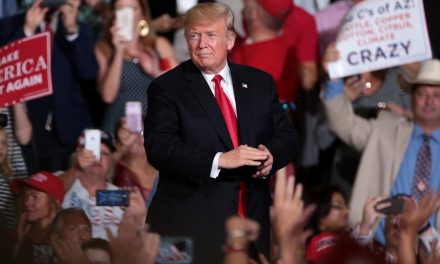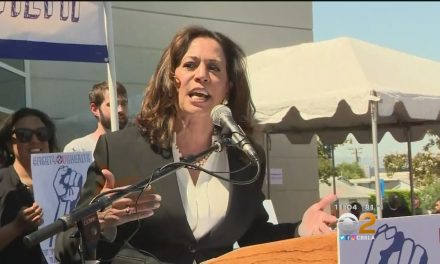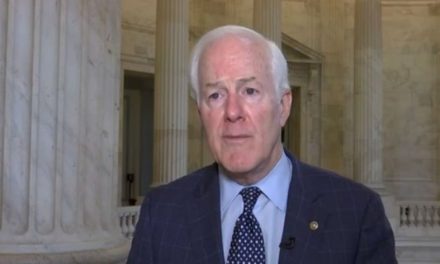Despite enjoying the nation’s highest level of home ownership and lowest level of seasonally adjusted unemployment, 53 percent of New Hampshirites disapprove of Donald Trump’s job performance. In an article for the Associated Press, Hunter Woodall talks to a random sampling of people on the street and hears some of the concerns people have about the president.
One is an Obama/Trump voter.
When Chad Johansen voted for Donald Trump in 2016, he hoped he was picking someone who could help small-business owners compete with bigger companies. But that hasn’t happened, and now the 26-year-old owner of NH iPhone Repair feels what he calls “Trumpgret.”
The Republican president has done little to address health care issues for a small employer, he said, and the Manchester man remains on edge about how Trump’s tariffs could affect his business, which employs fewer than 10 people. Beyond that, he said, unrelenting news about bigotry and racism in the Trump administration is “a turnoff.”
“The president’s supposed to be the face of the United States of America,” said Johansen, who voted for Democrat Barack Obama in 2012. “And supposed to make everyone be proud to be an American and stand up for everyone who is an American. And I don’t feel that President Trump’s doing that. I feel like it’s chaos.”
I’ve been unrelenting over the last four years in talking about how Democrats are not doing enough to address market consolidation and monopoly power. This is why they didn’t win Mr. Johansen’s vote in 2016. Now Johansen can choose someone like Elizabeth Warren who is laser-focused on the issue, but he’s not leaving Trump because he’s excited about the alternatives. He’s just turned off by Trump’s racism, thinks he his economic policies are chaotic, and is ready to punish him for failing to keep his health care promises.
Then there’s the Romney/Trump voter:
Gino Brogna, a 57-year-old chef manager, described himself as a Republican “by nature,” though he isn’t “solely stuck to it.” He didn’t like Democrat Hillary Clinton and recalls feeling as though his 2016 vote for Trump was “something that was necessary.”
It doesn’t feel necessary for him again.
“I don’t think that he’s true to his word on a lot of things,” Brogna said of Trump. “I wouldn’t vote for him again. That’s not going to happen.”
Here, the only expressed regret is that Trump is too dishonest. It’d be interesting to learn which lies are most concerning to Mr. Brogna, but the cumulative effect has been sufficient that he won’t be voting for Trump again.
There’s a narrative on the left that Trump voters are unreachable, deplorable racists who showed through their 2016 support for the man that they have no moral standards. Polls showing the president retaining the support of 90 precent of more of Republicans tends to confirm this opinion. But the truth is that Trump got votes for many different reasons, including from many traditional Democrats who were frustrated about the economy and from Republicans who opted for him only because they had spent a lifetime marinating in anti-Clinton storylines. Trump has taken these voters for granted, and it’s likely to cost him.
The Democratic candidates can help this process along by developing themes that probe the weaknesses Trump has created for himself, but he’s done an excellent job of giving away votes all on his own.
He may be able to bring some new deplorable voters out of the woodwork by sticking to racist “pro-white” themes, and it’s possible that he can consolidate and expand on the “community support” I’ve often described as the driving force behind his huge rural numbers in 2016. Basically, at a certain point, it can be so socially uncomfortable to openly support a Democrat that the numbers tip dramatically in the Republican’s favor. Something similar can happen in our nation’s cities that drives up the numbers for the Democratic candidate. This is how Trump can potentially be reelected using a white ethnic approach.
But his chances of success are badly diminished if he’s not actually holding onto 90 percent of his 2016 voters, and I am certain he will fall far below that number. He has lost the support of soft Democrats and even lifelong Republicans, and it’s not going to be easy to win it back. I think he best chance at this point is that the Democratic nominee will follow suit and do things that lose some of Clinton’s votes. And the only place that can really happen is in the suburbs. New Hampshire is effectively a suburb of Boston, so it’s a good laboratory for watching for this effect.







